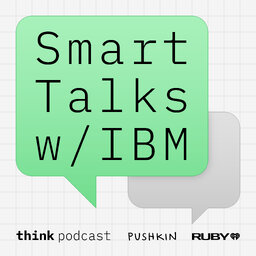How Parental Controls Work
Parental controls are designed to prevent children from spending too much time on a computer, or from visiting inappropriate web sites. This technology can also be used in the workplace. Check out this HowStuffWorks podcast to learn more.
Learn more about your ad-choices at https://www.iheartpodcastnetwork.com
In 1 playlist(s)
TechStuff
TechStuff is getting a system update. Everything you love about TechStuff now twice the bandwidth wi…Social links
Follow podcast
Recent clips

TechSupport: What Happens When AI Undresses You?
25:58

The Story: How Science Fiction Changes the Real World
30:44

NASA and AI: Decoding Our Universe
33:53
 TechStuff
TechStuff